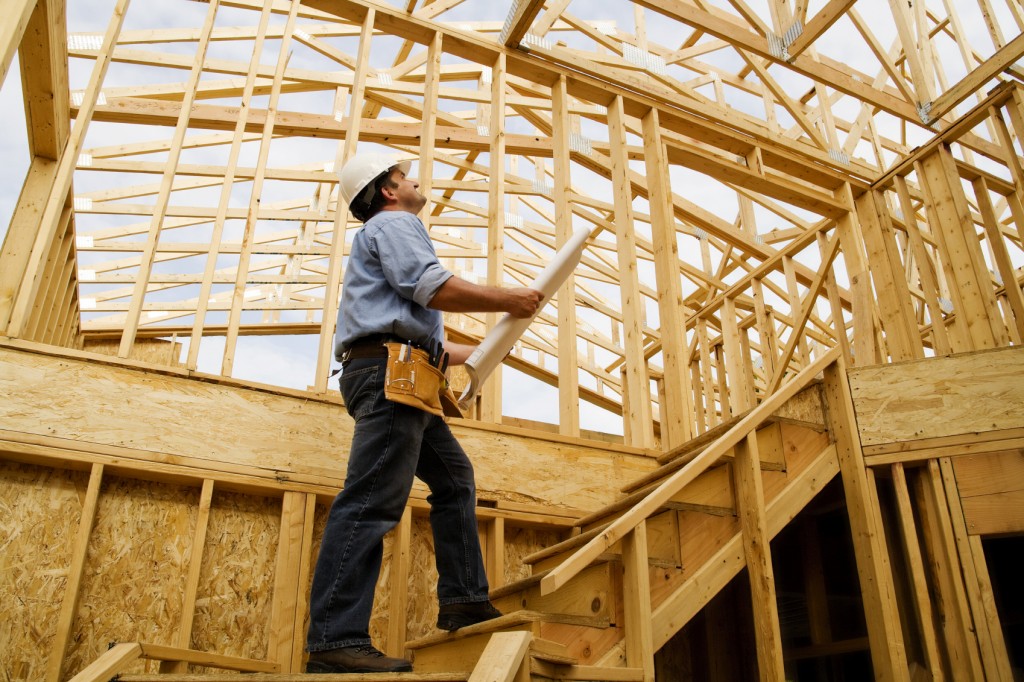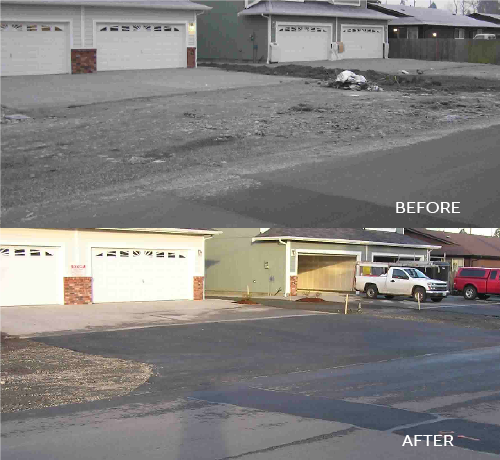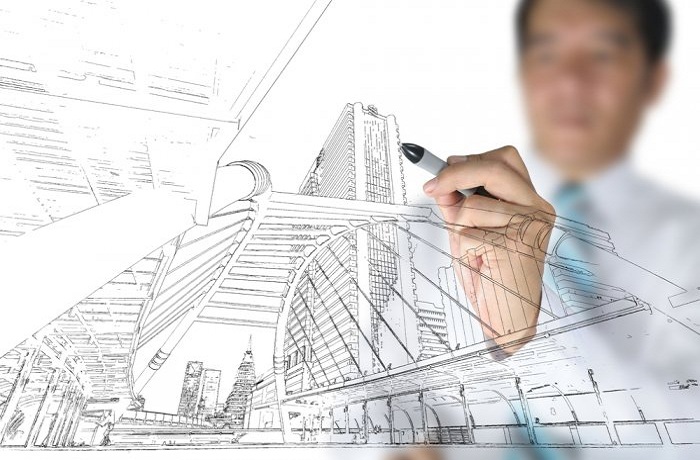The construction industry is a critical pillar of the global economy, responsible for building the infrastructure and buildings essential for modern life. However, this sector faces numerous challenges that can impact project timelines, budgets, and quality. Understanding these issues is key to finding effective solutions.

Content
Labor Shortages
One of the most significant issues in construction today is the shortage of skilled labor. With an aging workforce and fewer young people entering the trades, companies struggle to find qualified workers. This shortage can lead to project delays and increased costs as firms compete for the limited talent available. Investing in training programs and promoting construction careers to younger generations are vital steps in addressing this challenge.
Technological Integration
While technology has the potential to revolutionize construction, integrating new tools and systems can be difficult. Many construction companies are slow to adopt innovations such as Building Information Modeling (BIM), drones, and advanced project management software. Resistance to change, high initial costs, and a lack of technical expertise are common barriers. However, embracing these technologies can lead to improved efficiency, accuracy, and safety on job sites.
Regulatory Compliance
Navigating the complex web of local, state, and federal regulations is another major challenge for construction firms. Compliance with environmental laws, safety standards, and building codes requires meticulous planning and documentation. Non-compliance can result in costly fines, project delays, and reputational damage. Staying informed about regulatory changes and investing in compliance management systems can help companies mitigate these risks.
Environmental Concerns
The construction industry significantly impacts the environment, from carbon emissions to waste generation. Sustainable building practices are becoming increasingly important as stakeholders demand greener solutions. Companies are exploring eco-friendly materials, energy-efficient designs, and waste reduction strategies to minimize their environmental footprint. Adopting sustainable practices not only helps the environment but also meets the growing demand for green buildings.
Economic Fluctuations
Construction projects are highly susceptible to economic changes. Fluctuations in the economy can lead to variations in funding availability, material costs, and project demand. Managing these uncertainties requires strategic planning, flexible budgeting, and a keen understanding of market trends.
To learn more about how construction companies are navigating these challenges, visit cmaccontracting.com.

Christine Kelley is a dedicated home blogger who has been blogging for over six years. She covers everything home related. Christine also loves writing posts about her travels to Europe with her husband and two children.













